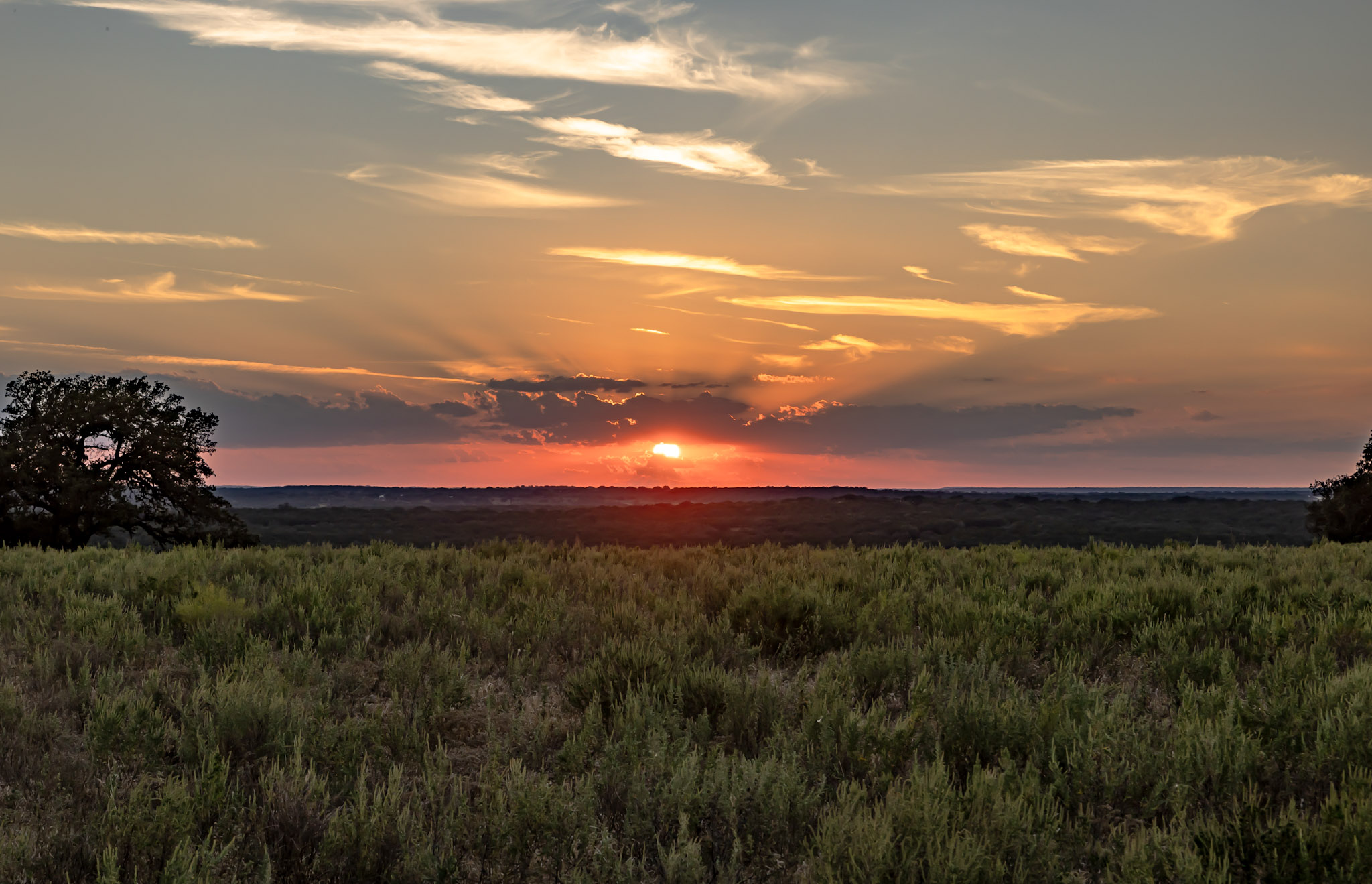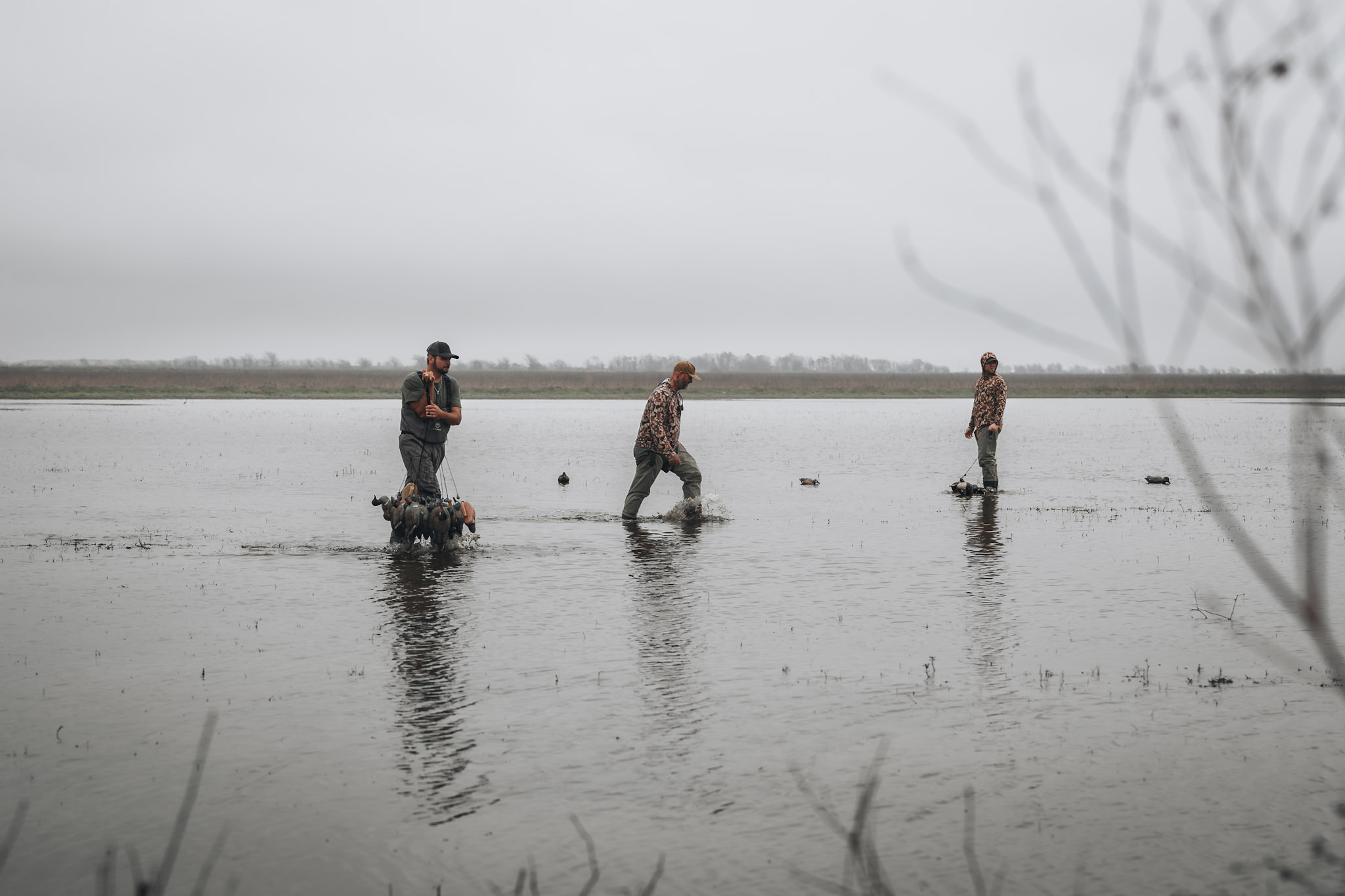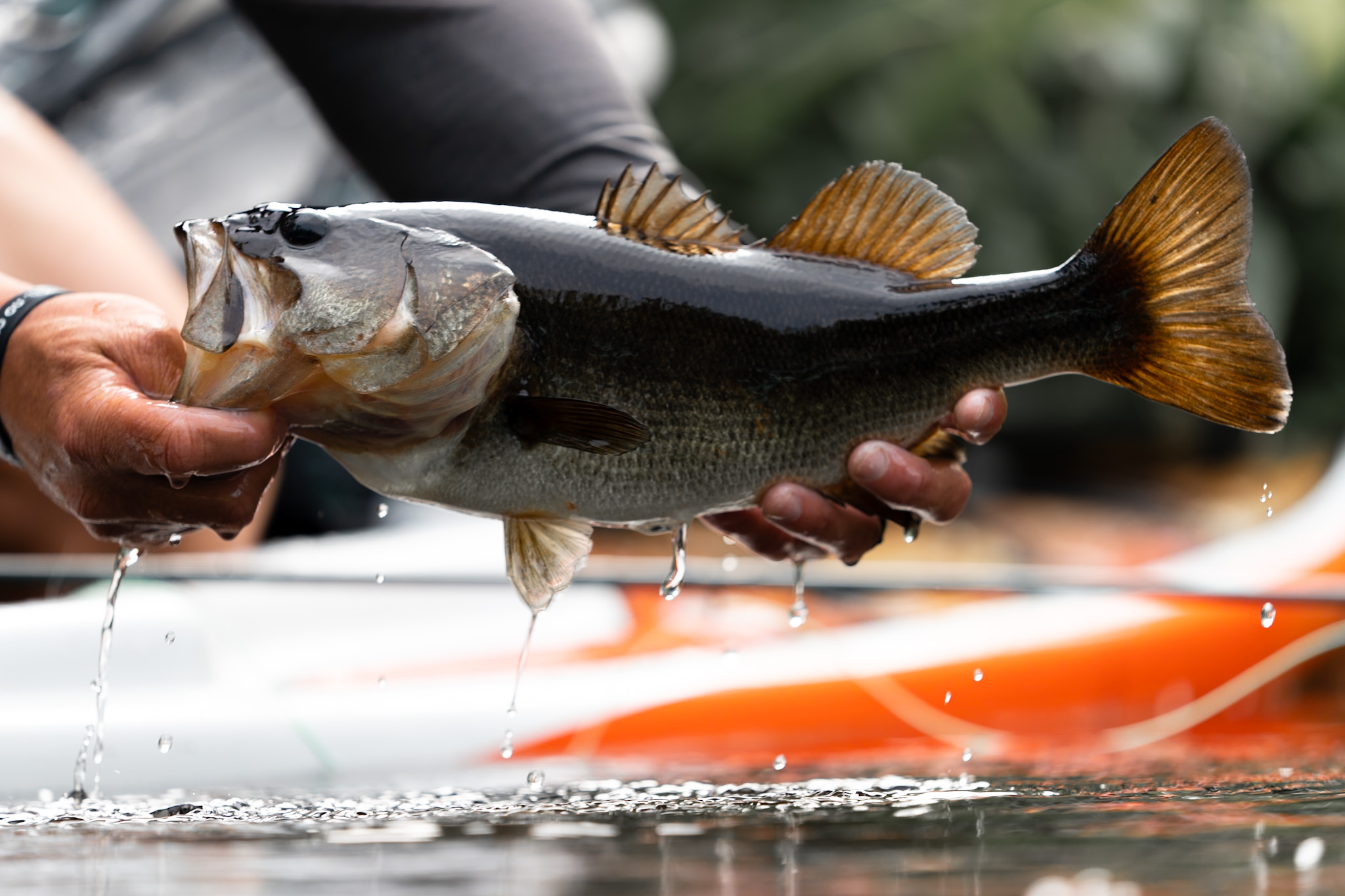Section 180 and Conservation
How Section 180 Supports Private Land Conservation and Hunting Access

How Section 180 Supports Private Land Conservation and Hunting Access
Section 180 isn’t just about environmental preservation—it also plays a pivotal role in enhancing hunting and fishing opportunities on private lands. Landowners can utilize this tax incentive to conserve their land and make it more accessible to hunters and anglers, all while benefiting financially from tax deductions.
By engaging in conservation efforts under Section 180, landowners can enhance habitat quality, create more sustainable wildlife populations, and preserve natural ecosystems, all of which lead to improved hunting and fishing experiences.

How Section 180 Supports Hunting and Fishing:
- Preservation of Wildlife Habitats: Section 180 incentivizes landowners to preserve natural habitats, creating healthier environments for game animals and fish population
- Section 180 Ripple Effect: A landowner leveraging Section 180 to deduct fertilizer costs might improve a field’s productivity, creating better foraging grounds for wildlife.
- Improved soil quality supports robust plant growth, which provides food and cover for wildlife such as deer, quail, or waterfowl—species often targeted by hunters.
- Well-maintained farmland near waterways can reduce erosion and nutrient runoff, improving water quality and benefiting fish populations that anglers rely on.
- Improved Access to Private Land: With Section 180, landowners can choose to provide access to hunting and fishing enthusiasts while preserving the land for future generations.
- Tax Benefits for Sustainable Practices: Landowners can benefit from tax deductions when they implement sustainable practices like habitat restoration and responsible wildlife management.

This provision not only helps landowners protect their properties but also plays a crucial role in ensuring continued hunting and fishing access. In short, Section 180 supports hunting and fishing indirectly by fostering conditions that can sustain wildlife, but it’s primarily a financial incentive for farmers. For landowners looking to combine conservation with recreational opportunities, Section 180 is an invaluable resource.
Read More...

For generations, hunters have played a critical role in protecting wildlife habitat, supporting healthy animal populations, and funding conservation efforts across the country. Hunting is not just a tradition or outdoor recreation — it is deeply tied to land stewardship and the long-term health of our natural resources.

Late winter is one of the most important times of the year for wildlife habitat management in Texas. As hunting seasons wrap up and the landscape begins transitioning toward spring growth, smart habitat work now can dramatically improve forage, cover, and wildlife health for the entire year — setting your ranch or property up for long-term success.

Winter pond management is one of the most overlooked — and most important — parts of maintaining a healthy bass fishery in Texas. While many landowners assume their pond “takes care of itself” once the weather cools down, the truth is that winter is when your pond sets the foundation for spring growth, forage success, and bass health.



